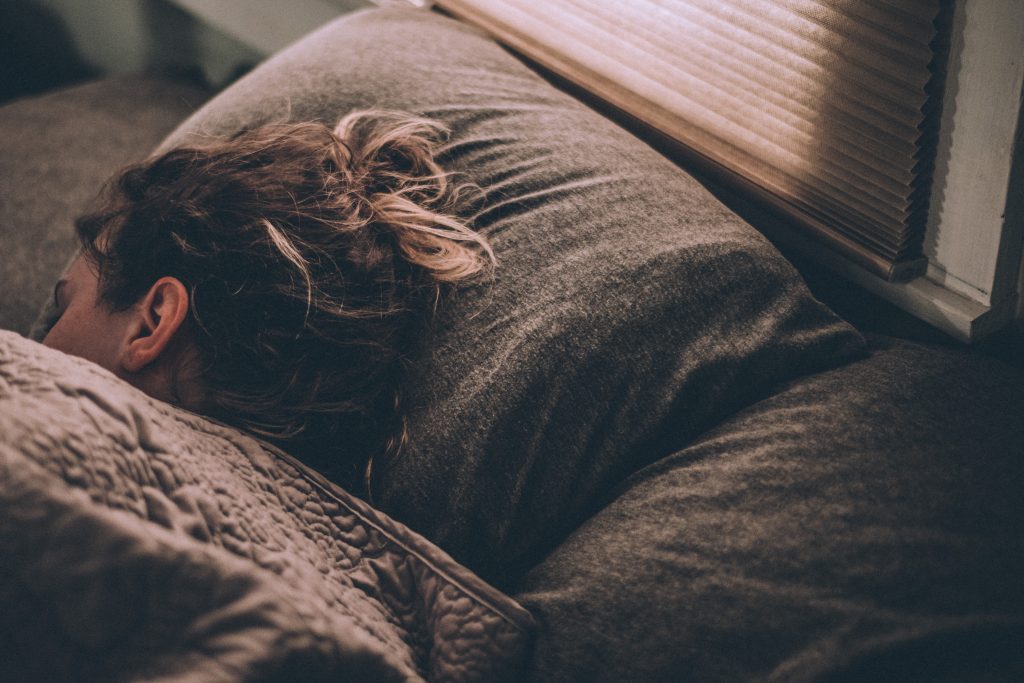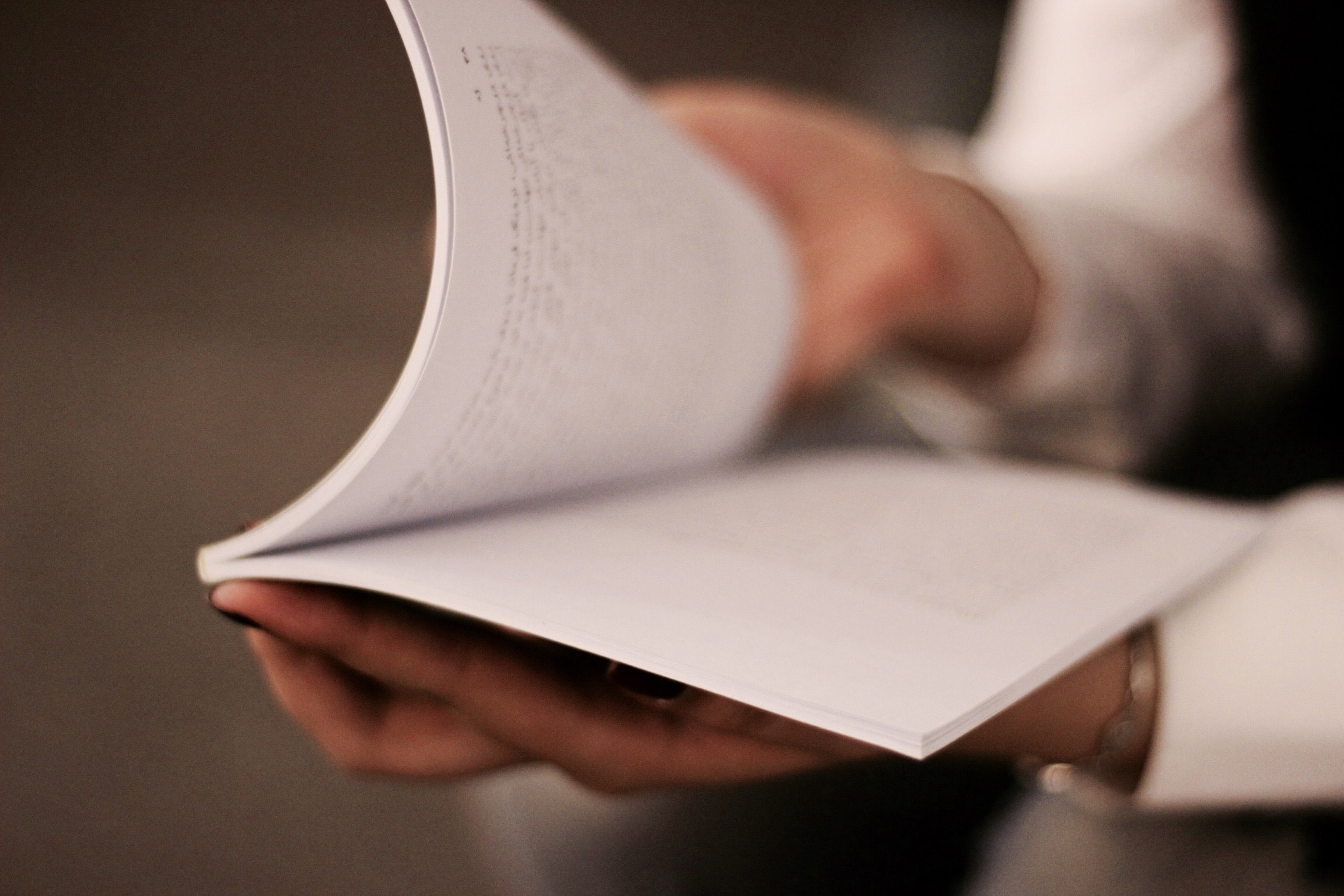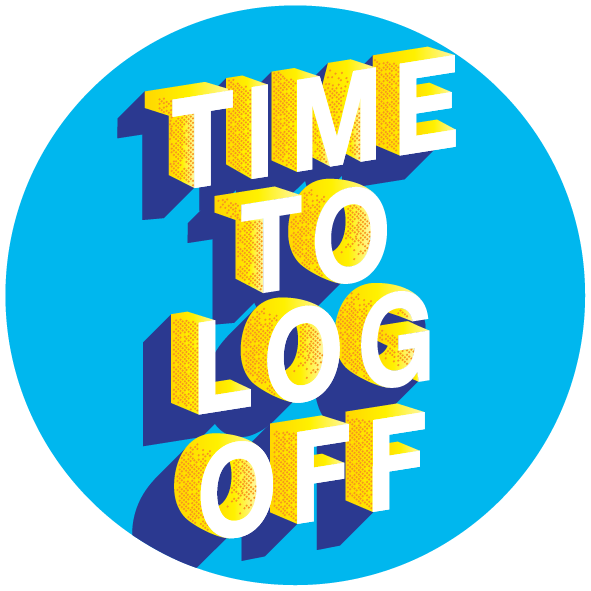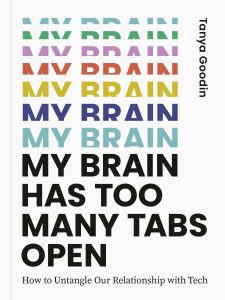
05 Jul The Latest In Digital Detox Research
As we emerge from – what we hope will be – the final lockdown in the UK, we can gain a new perspective on just how much our lives have changed over the last 15 months. In particular, we want to review how our tech habits have changed, and what impacts these changes have had on our overall wellbeing.
New Research Interrogates the Link Between Higher Screen Time and Depression
A new study has undermined previous studies on the impact of tech habits on mental health by suggesting that the data gathered for these is flawed. The study argues that any study wherein the participants have self-reported their screen time and habits is likely to be inaccurate, as this method of data-gathering is unreliable. And, earlier this year, Mark Zuckerberg himself claimed that there was no conclusive research linking excessive screen time with worsening mental health.
However, whilst the data for some studies may be biased, there is still evidence and reason to believe that increased screen time results in reduced mental wellbeing. Not only do other independent studies still maintain that excessive technology use is bad for your mental health, but our understanding of why this may be the case is increasing too.
Cyberpyschology – an emerging field studying the effect of our interaction with technology on our brains – is not just about analysing trends between internet use and mental health. It is about trying to explain the psychological implications of our technological habits, and how exactly these could give way to mental health conditions. In light of Zuckerberg’s rejection of the hypothesis that heightened social media use could negatively effect mental health, psychologist Jean Twenge argued that there was still evidence indicating a link between the surge in social media and smartphone use, and in mental health conditions experienced by young people.
For example, over lockdown many of us experienced Zoom burnout: a phenomenon which Stanford researchers confirmed and explained. From the unnatural overexposure to videos of ourselves throughout the day, to the loss of mobility due to having to be sat a desk during a call, it was clear to see how different aspects of the digital platform could have negative impacts on our health. In a similar way, we can see how our digital habits may be effecting our health by evaluating how we feel when we use our devices – for example, by considering what social media does to our self esteem, or how gaming is affecting our posture and mobility.
So, despite the lack of clarity surrounding whether technology causes mental health conditions, we can still conclude that it takes a toll on our wellbeing. And if it makes logical sense to us that certain experiences linked to our technology use could place us under stress, then we should take necessary precautions to protect our health.
Excessive Screen Time Linked to Obesity
Even if the more evidence is needed to link increased screen time to a decline in mental wellbeing, the negative effect of our tech habits on our physical health is undeniable. Our vision, posture and physical fitness have all been found to suffer as a result of excessive screen time.
Most recently, a study on 9 to 10 year olds in the US found that spending longer on screens throughout the day was associated with a higher BMI. The researchers recorded the screen time of the children, and then measured their BMI a year later. This illustrates the unhealthy buildup of harmful tech habits.
This study was conducted pre-pandemic. However, had the research been done whilst social restrictions were imposed, it may have yielded even more dramatic results. With sporting and social activities cancelled, and children’s education conducted online, young people’s screen time has rocketed since the pandemic began.
Excessive screen time is actually defined by the study as only over two hours of usage a day. This may come as a shock; I’m sure many of us are guilty of spending far more than that daily, and know of children who are too. In fact, the latest statistics from USwitch tell us that the average UK adult spends almost half of their day on screens.
Our Sleep Suffered from our Pandemic Tech Habits
Confined to our homes and unable to see family and friends, we relied on technology a whole lot more throughout the pandemic. In fact, our tendency to use tech in the hours preceding our bedtime increased, and this wreaked havoc on our sleep schedules.
An Italian study showed that increased screen time before bed resulted in reduced sleep quality. Participants were found to go to bed later, and to then suffer from exacerbated insomnia symptoms. The consequent reduction in the hours of sleep they got meant they found it harder to get up in the morning.
This is unsurprising. Research has shown before that blue light disrupts our natural sleep cycles, so when we use backlit screens in the evening, we are making it more difficult for ourselves to wind down and prepare to sleep.

A Digital Detox Following a Digital Year
With the benefit of retrospect, we can see how dramatically our tech habits have changed since before the pandemic, and not necessarily for good. Whilst we can be grateful that technology was there to keep us connected whilst under social restrictions, we now need to reevaluate our relationships with our devices.
Research continues to illustrate the negative impacts tech can have on our health if we are not careful with our usage patterns. Therefore, we encourage you to take a digital detox. You will likely see positive changes to your wellbeing, and this past year and a half has shown us more than anything how important it is to protect both our physical and mental health.
For more about how to untangle our relationship with tech, pre-order ‘My Brain has Too Many Tabs Open‘, out in the US and UK on 21st September.







Sorry, the comment form is closed at this time.